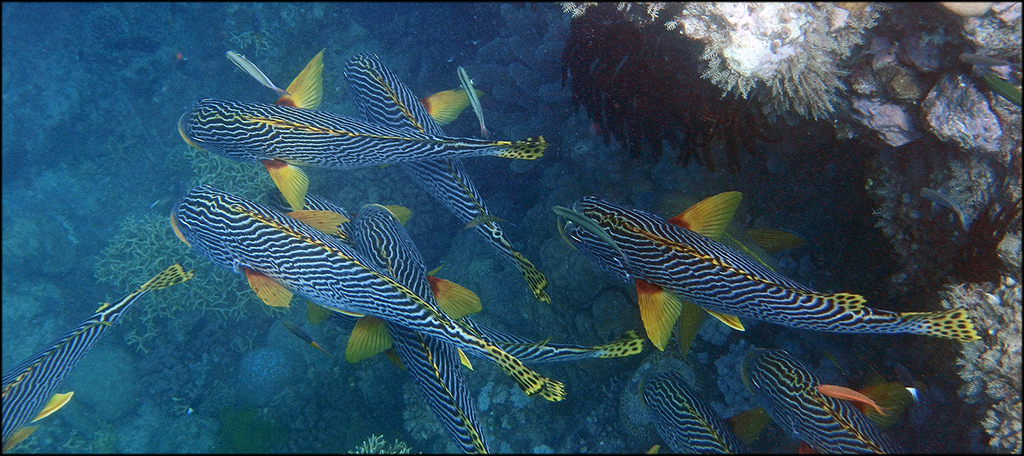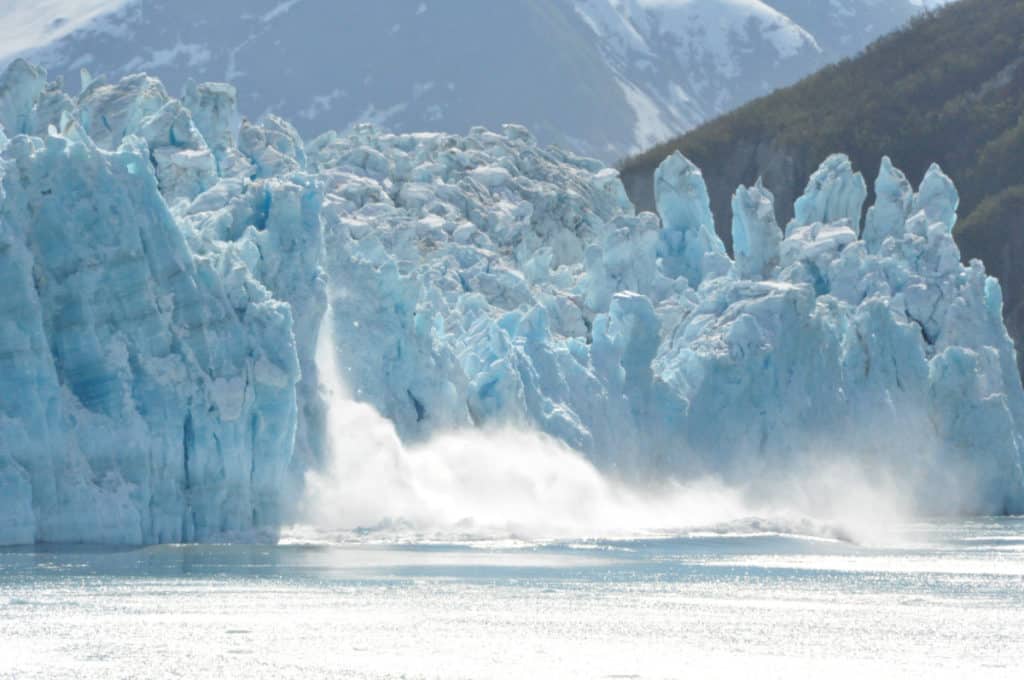According to a new study published by the Proceedings of the Royal Society B, the Great Barrier Reef has seen a 50% reduction in its coral population in the last three decades. That’s half of the entire colony and it’s unlikely to ever recover.
Regardless of the type or size of the coral, it’s all being negatively affected by the warming waters. And that will seriously impact the 1,500 species of fish that call the reef their home. This will lead to the destruction of the most unique habitat in the ocean.
And it will include a variety of impacts felt by humans.
What Is Killing Coral?

Most aquatic species are extremely sensitive to variation in water temperature, and coral reefs might just be the most sensitive.
When coral is under stress from warm water, the process known as coral bleaching begins. As a result, the coral turns white but does not immediately die. The coral reef can make a recovery, but that means the stress factor needs to disappear.
However, warm water is not going anywhere. In fact, it’s getting warmer.
And even if the world is able to meet the Paris Agreement’s goal of limiting the temperature to a 1.5ºC increase, about 90% of the coral population will disappear.
Impact on Humans
Coral reefs also play an important role in human communities. In fact, half a billion people depend on coral reefs for food, income, and protection.
Coral reefs are the home to a variety of fish species that provide food to nearby communities, encourage tourism in their region, and protect the coastline from storms. In fact, coral reefs actually absorb 97% of all wave energy.
Their disappearance will drastically change the coastline.
And when examining the Great Barrier Reef, the disappearance might happen sooner than later if nothing is done to curb emissions.


